PHONE: 617-328-4050
EMAIL: info@greatsleepdental.com
SNORING
SNORING MAY NOT BE AS INNOCENT AS IT SEEMS.
Snoring is a common condition marked by loud breathing sounds during sleep caused by airway obstruction. It can indicate various health issues, including obstructive sleep apnea. While snoring's loudness varies, it can impact the quality of sleep for partners. Learn more about snoring causes and solutions for better sleep.
THERE'S MORE TO SNORING
HOW SNORING COULD MEAN MORE
Snoring is the nocturnal orchestra that none of us bought tickets to, yet often find ourselves attending. It's the human equivalent of a chainsaw trying to serenade the moon, a comical symphony of nasal trumpets and guttural growls that can turn the quietest bedroom into a bustling lumber mill. Though, in all seriousness, it can be indicative of various health conditions, ranging from benign, such as poor sleeping posture, to more serious concerns like obstructive sleep apnea. Snoring can vary in loudness and is often more problematic for the sleep partners of the snorer than the snorer themselves.
Snoring and sleep apnea are closely intertwined, with the latter often manifesting as a severe form of the former. Most people understand snoring to be the sound that occurs when the respiratory system vibrates as a result of restricted airflow while sleeping. In contrast, sleep apnea is a sleep disorder characterized by pauses in breathing or periods of shallow breathing during sleep. According to a study by the National Sleep Foundation, individuals who snore heavily are at a higher risk of developing obstructive sleep apnea, a condition where the airway is partially or completely blocked during sleep, leading to breathing interruptions. The American Sleep Association further supports this relationship by indicating that obstructive sleep apnea can exacerbate snoring by increasing the frequency and loudness of snoring episodes. These findings underscore the importance of addressing snoring not only as a nuisance but as a potential indicator of more serious health issues.
3 SIGNS YOUR SNORING MAY BE sleep apnea
1. Loud and Persistent Snoring:
One of the hallmark symptoms of sleep apnea is loud and chronic snoring, often accompanied by choking or gasping sounds. This occurs because sleep apnea momentarily stops your breathing, requiring your body to exert effort to resume airflow. The interruptions in breathing can lead to drops in oxygen levels in the blood, triggering the brain to partially wake up to restore regular breathing. This repetitive cycle throughout the night disrupts the sleep cycle, resulting in fragmented, poor-quality sleep.
2. Excessive Daytime Sleepiness:
Despite sleeping for a sufficient number of hours, experiencing unexplained fatigue or drowsiness during the day can be a sign of sleep apnea. This happens because the frequent awakenings associated with this condition prevent deep, restorative sleep. The disruption in the sleep pattern prevents individuals from reaching the crucial deep stages of sleep, leading to daytime sleepiness and reduced alertness.
3. Waking Up with a Dry Mouth or Sore Throat:
Regularly waking up with a dry mouth or sore throat can indicate sleep apnea. These symptoms result from breathing through the mouth all night, which is more common in individuals with sleep apnea due to obstructed nasal passages. The continuous airflow through the mouth dries out the oral tissues, causing dryness and sometimes leading to a sore throat. Additionally, the mouth breathing bypasses the natural humidification and filtration of the nose, contributing to these symptoms.
GET AN APPOINTMENT
SCHEDULE YOUR NO OBLIGATION CONSULT
Contact Us
We will get back to you as soon as possible.
Please try again later.


